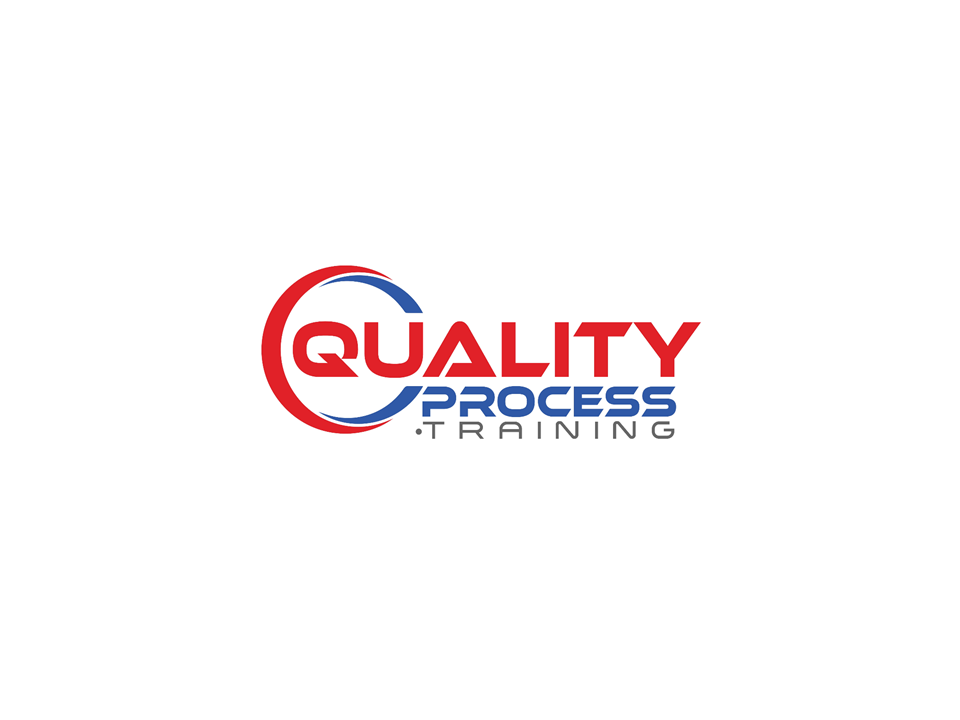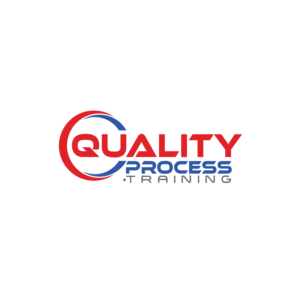Ensure your laboratory or organization is audit-ready by mastering the skills to address deficiencies with confidence, accuracy, and professionalism.
This focused course equips participants with the knowledge and tools to analyze, correct, and effectively respond to audit deficiencies, whether from internal audits, customer audits, or accreditation bodies.
We Will Train Your Staff and Help You Prepare and Respond to Your Industry Specific and ISO Quality Audits Such As:
-
𝗜𝗦𝗢 𝟵𝟬𝟬𝟭 (𝗤𝘂𝗮𝗹𝗶𝘁𝘆 𝗠𝗮𝗻𝗮𝗴𝗲𝗺𝗲𝗻𝘁 𝗦𝘆𝘀𝘁𝗲𝗺𝘀)
-
𝗜𝗦𝗢 𝟭𝟳𝟬𝟮𝟱 (𝗧𝗲𝘀𝘁𝗶𝗻𝗴 𝗮𝗻𝗱 𝗖𝗮𝗹𝗶𝗯𝗿𝗮𝘁𝗶𝗼𝗻 𝗟𝗮𝗯𝗼𝗿𝗮𝘁𝗼𝗿𝗶𝗲𝘀)
-
𝗜𝗦𝗢 𝟭𝟳𝟬𝟮𝟰 (𝗣𝗲𝗿𝘀𝗼𝗻𝗻𝗲𝗹 𝗖𝗲𝗿𝘁𝗶𝗳𝗶𝗰𝗮𝘁𝗶𝗼𝗻 𝗕𝗼𝗱𝗶𝗲𝘀)
-
𝗔𝗣𝗜 𝗤𝟭/𝗤𝟮 (𝗢𝗶𝗹 𝗮𝗻𝗱 𝗚𝗮𝘀 𝗜𝗻𝗱𝘂𝘀𝘁𝗿𝘆 𝗤𝘂𝗮𝗹𝗶𝘁𝘆 𝗦𝘁𝗮𝗻𝗱𝗮𝗿𝗱𝘀)
-
𝗔𝗦𝟵𝟭𝟬𝟬 (𝗔𝗲𝗿𝗼𝘀𝗽𝗮𝗰𝗲 𝗤𝘂𝗮𝗹𝗶𝘁𝘆 𝗠𝗮𝗻𝗮𝗴𝗲𝗺𝗲𝗻𝘁)
-
𝗚𝗠𝗣/𝗚𝗟𝗣 (𝗚𝗼𝗼𝗱 𝗠𝗮𝗻𝘂𝗳𝗮𝗰𝘁𝘂𝗿𝗶𝗻𝗴 𝗮𝗻𝗱 𝗟𝗮𝗯𝗼𝗿𝗮𝘁𝗼𝗿𝘆 𝗣𝗿𝗮𝗰𝘁𝗶𝗰𝗲𝘀)
Participants will learn practical, proven methods to interpret findings, conduct robust root cause analyses, develop targeted corrective actions, and draft responses that demonstrate commitment to compliance and continuous improvement. The training integrates real-world examples, interactive exercises, and professional templates to enable immediate application in your workplace.
Key Learning Objectives
By the end of this course, participants will be able to:
- Identify and interpret different types of audit findings (minor, major, OFIs)
- Conduct effective Root Cause Analysis (RCA) using tools such as 5 Whys and Fishbone diagrams
- Develop corrective actions that address immediate issues and eliminate root causes
- Draft professional deficiency responses suitable for auditors and accreditation bodies
- Implement preventive actions to mitigate systemic risks and avoid recurrence
- Document and communicate responses in compliance with ISO standards and organizational policies
Who Should Attend
This course is ideal for:
-
Laboratory managers and supervisors
-
Quality assurance and compliance personnel
-
Internal auditors
-
Technical staff responsible for audit preparation and responses
-
Anyone involved in maintaining ISO 17025 or similar accreditations
Outcome
Participants will leave with the confidence and practical skills to ensure that audit deficiencies are addressed promptly, thoroughly, and professionally, enhancing their organization’s credibility, operational excellence, and audit readiness.

